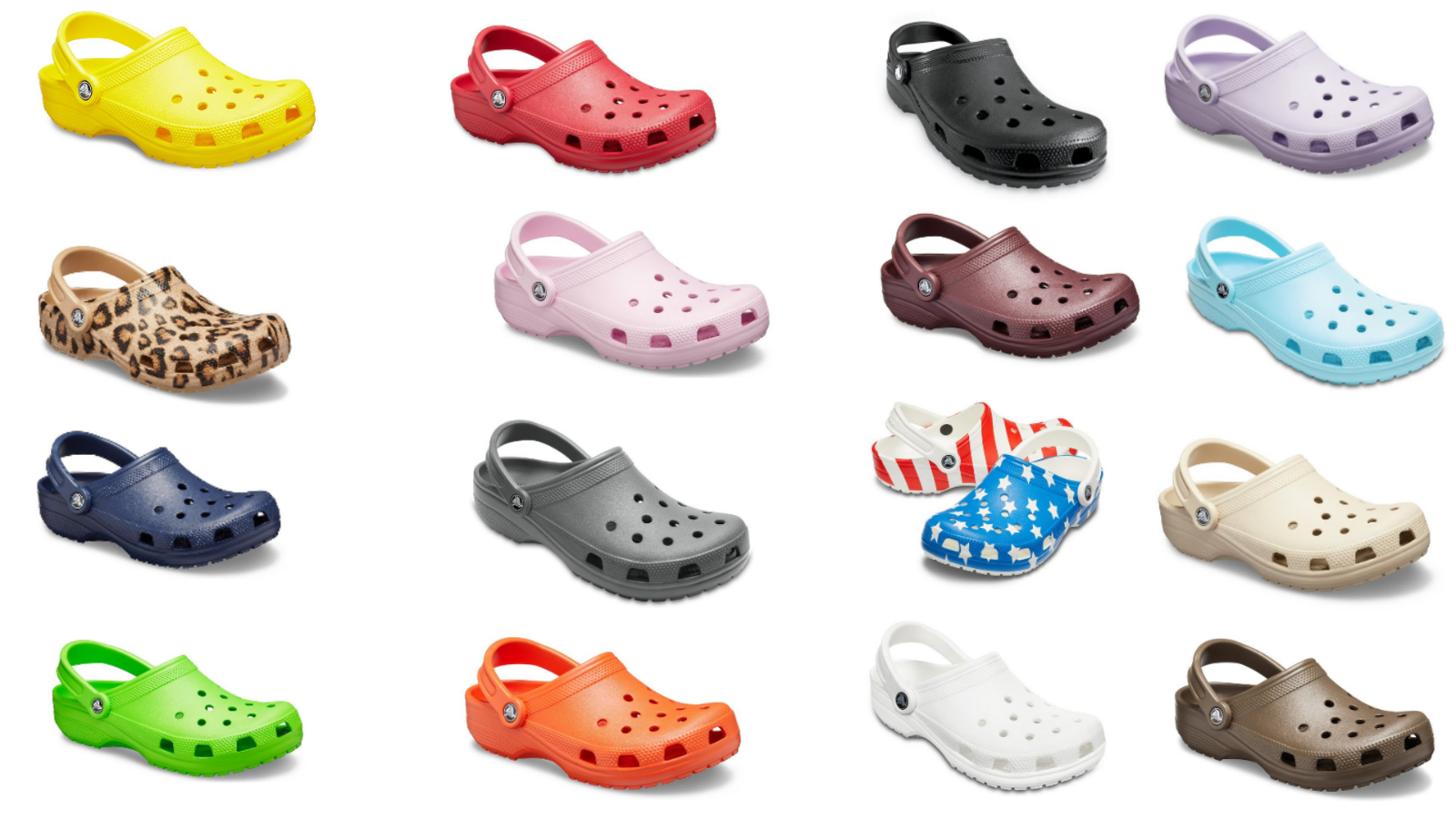I feel so lucky that my wife and I were teachers for so many years before becoming parents.
As a teacher, I have come to understand the value of allowing a child to struggle. I’ve learned the value of clear limits and high expectations. I know the perils of false promises and idle threats.
I’ve also been fortunate enough to witness and, in some cases, befriend outstanding parental role models over the years. These mothers and fathers have taught me parenting lessons that I use every day with my children.
I’ve also born witness to the results of less-than-ideal parenting: Inconsistent, uninvolved and overly-involved mothers and fathers who love their children dearly but make decisions that are oftentimes not in the best interest of their children.
Of all the less-than-ideal parents, I tend to think that the overly involved, helicopter parents are the most detrimental to their children. In the process of incapacitating their sons and daughters with their constant involvement, they also strip the self-confidence and dignity from the kids.
And now helicopter parenting has gone national, at least in Thailand, where government psychiatrists are warning about the effects of unappreciated selfies on a young people.
Before you start to wonder if I’ve been fooled by The Onion or some other satirical news website, let me assure you that this story is real.
I checked twice because I couldn’t believe that I wasn’t being fooled.
From a piece in TIME entitled Selfies Threaten Thai Development:
On Sunday, government psychiatrist Dr. Panpimol Wipulakorn warned that young Thais who post pictures of themselves on social media but don’t receive enough positive feedback are encountering emotional problems, which in turn is creating a dearth of well-balanced citizens and could eventually spell trouble ahead for the Southeast Asian nation.
“If they feel they don’t get enough Likes for their selfie as expected, they decide to post another, but still do not receive a good response,” she said in a statement, according to the Bangkok Post. “This could affect their thoughts. They can lose self-confidence and have a negative attitude toward themselves, such as feeling dissatisfied with themselves or their body.”
She added: “This could affect the development of the country in the future as the number of new-generation leaders will fall short. It will hinder the country’s creativity and innovation.”



